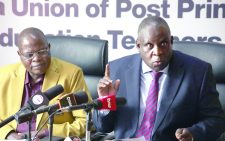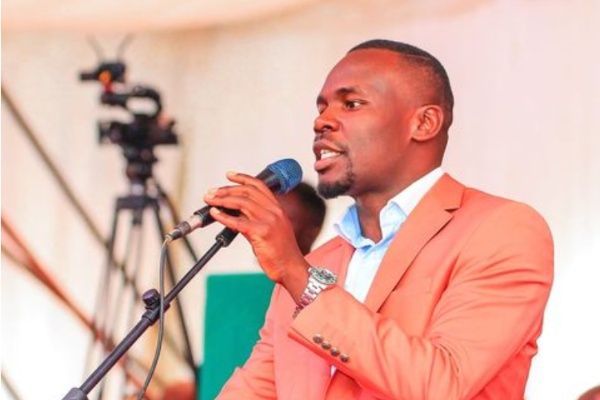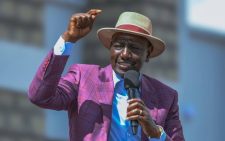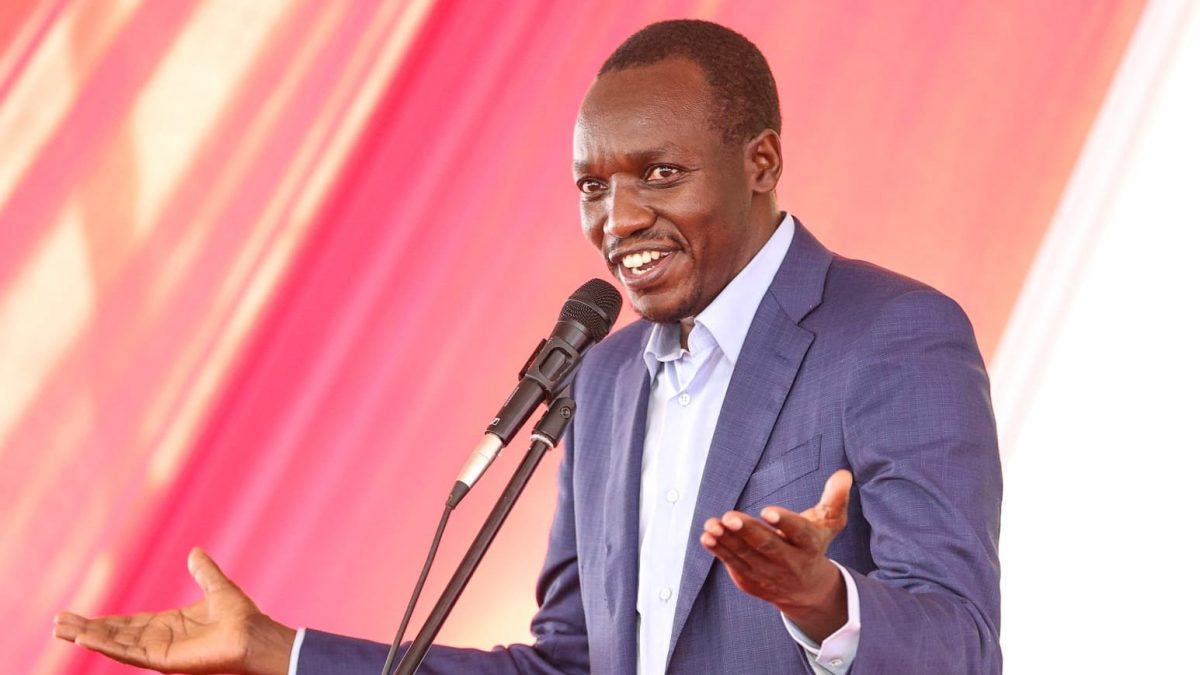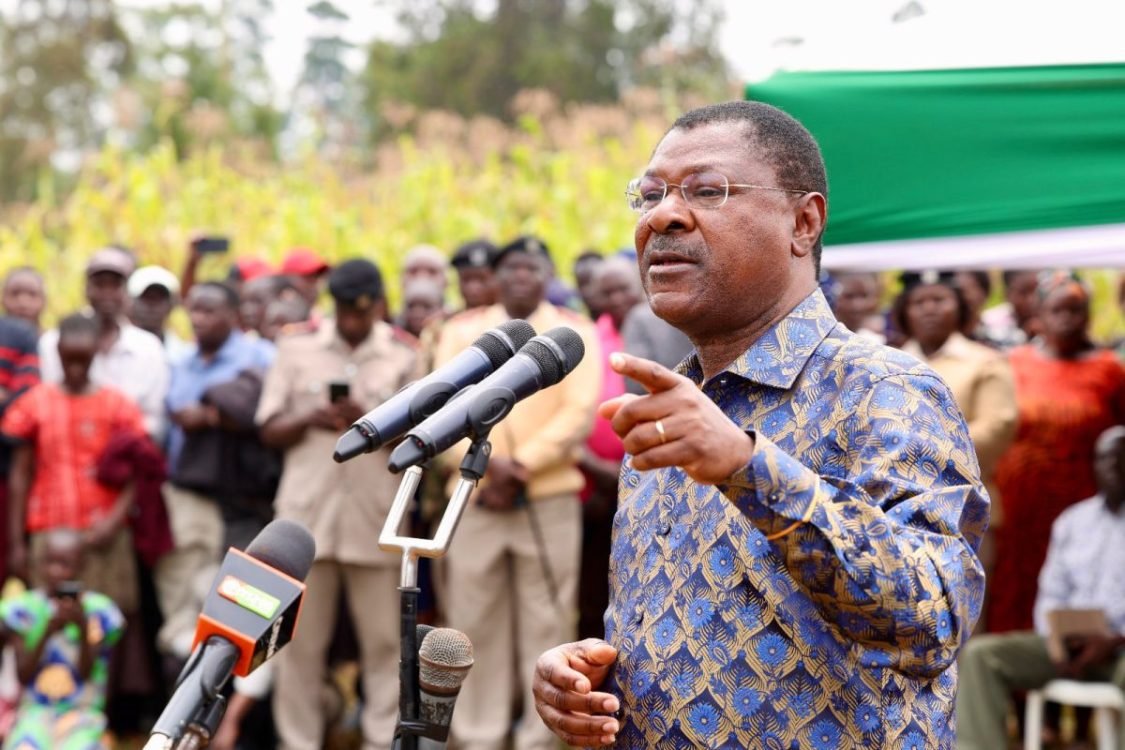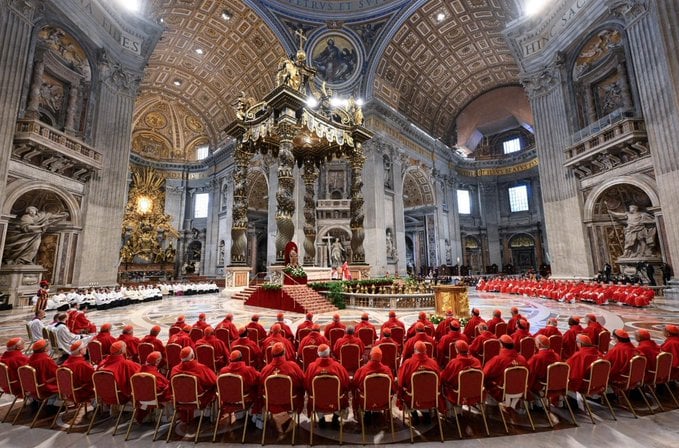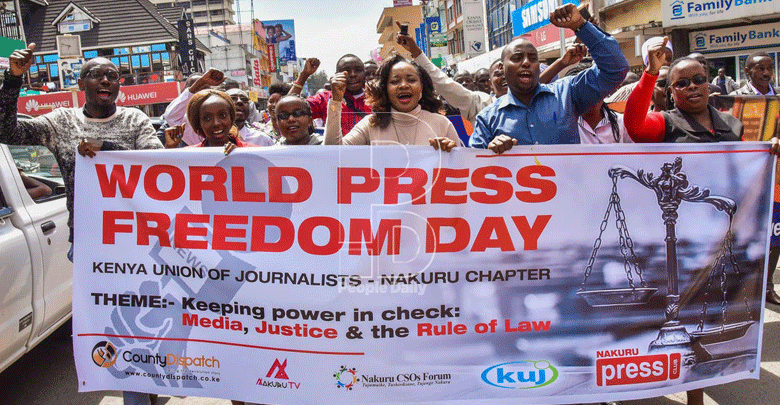Honest dialogue, justice the only path to peace
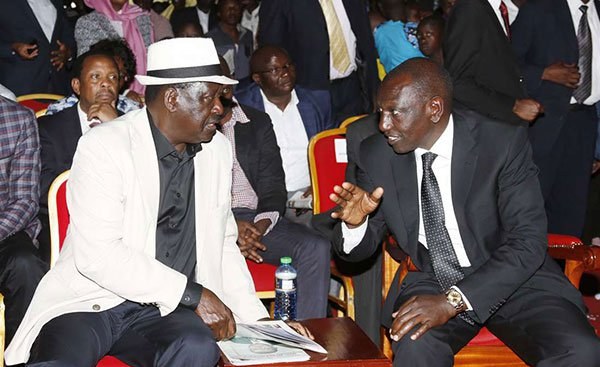
Kenya is teetering on the brink of a national catastrophe amid the showdown pitting two political protagonists – President William Ruto and Opposition leader Raila Odinga.
The tragic gravity of conflict confronting the nation has jolted religious leaders to appeal to the two leaders to embrace honest dialogue to avert a calamity. Fears of political and economic upheaval have been heightened by mass protests that have left 26 people dead, scores injured and property running into millions of shillings destroyed.
The current crisis has been aggravated by the government’s hardline stance in response to countrywide protests against the high cost of living and the unpopular Finance Act, 2023. Keen observers of the crisis that has cast Kenya in a bad light internationally are quick to trace its origins to last year’s disputed presidential election whose ramifications are being felt to date.
While the controversial election was settled in court and President Ruto assumed office, lingering effects of potent campaign promises and economic hardships have morphed into the government’s most critical challenge.
It requires tact and political pragmatism, not force and rigidity to extract his administration from the impact of the protests that has emboldened the Opposition and galvanised popular appeal. Ironically, the protests evoke memories of the disputed 2007 presidential election when the two rivals were partners. The subsequent post-election violence (PEV) was the darkest chapter in Kenya’s political history. More than 1,200 Kenyans were killed, thousands more injured, over 300,000 displaced, 42,000 houses and businesses looted or destroyed, and cases of sexual violence reported.
The policing of demonstrations and crowds saw excessive use of force resulting in more than 123 deaths and injuries of many, including children, exposing impunity for police abuse. The Kenyan criminal justice system has to date failed to find justice for PEV victims that ended up in the International Criminal Court. An Office of the United Nations High Commissioner for Human Rights report in March 2008 concluded that irregularities in the election process mainly triggered the violence.
In an uncanny reflection of events 15 years later, it also cited a number of underlying causes – discrimination, poverty and disenfranchisement – that fueled the crisis. It urged greater accountability, an end to impunity, addressing underlying problems and reconciliation. Last Friday, the UN Human Rights Office expressed great concern at widespread violence and allegations of unnecessary or disproportionate use of force including the use of firearms by police during the recent protests.
The Executive, State organs and blind loyalists must address these concerns. It should refrain from repeatedly proclaiming self-righteousness emanating from a contentious electoral ascendancy taunting the Opposition and adhere to the Constitution it swore to uphold.
Dignified governance cultivates restraint from illusions of domination, exclusivity, and intimidatory threats to instead enhance the adoption of values that promote dialogue and justice. Protests show parliamentary majority should not be confused with popular legitimacy. Issues of justice play a significant role in causing, perpetuating, and addressing conflict. Just institutions and leadership instill a sense of stability and well-being. Perceived injustices lead to dissatisfaction, rebellion or revolution.
Government and Opposition must urgently jointly address the genuine economic, political and social grievances that citizens have constitutionally openly expressed to avert a national apocalypse. That means honest dialogue for national healing and reconciliation leading to peace and lasting solutions in the interest of all Kenyans.
— The writer comments on political and justice affairs.
Email: albetoleny@gmail.com
